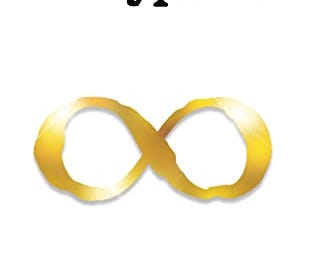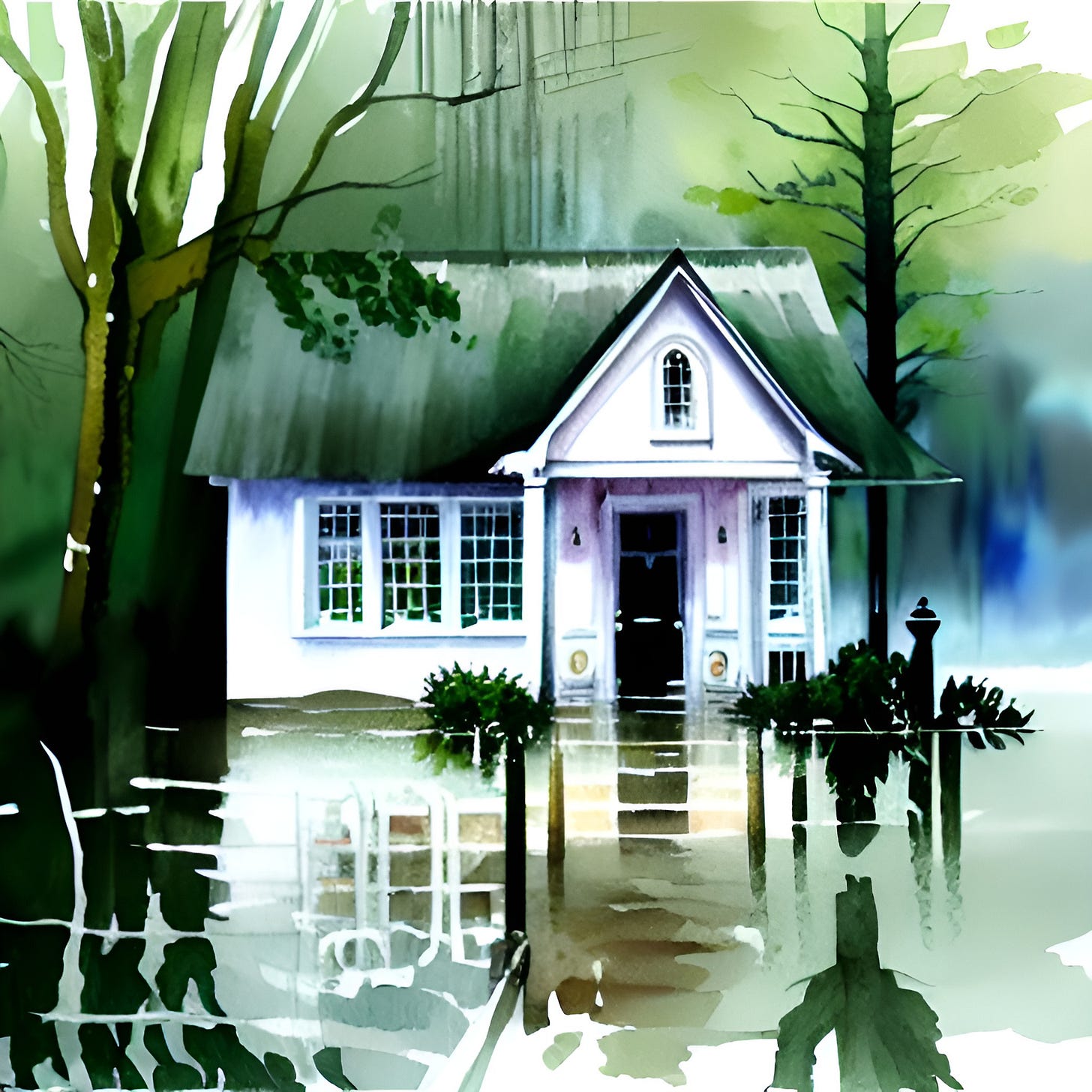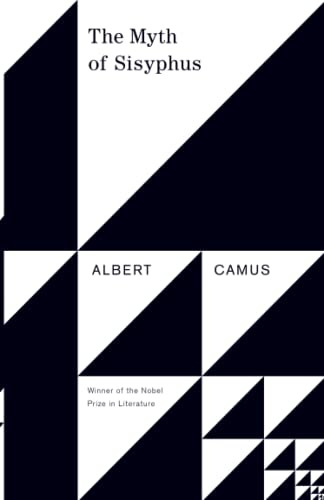Interview with V. S. Durruti - 2023
Interview #20 (Science Fiction, Post-Apocalyptic, CliFi, Literary Fiction)
V.S Durruti is an author based in the south of England. His latest critically-acclaimed novel, Sisyphus, is the result of four years research and is an allegorical homage to life and to living. When he doesn't have a pen and paper in front of him (his prefered method), he is a farmer, a yoga teacher and an artist, all of which influence his creative output.
The main supposition of the book is that given our limits in perception we may just be mere witnesses, and that Nature and Choice are one and the same thing—but that we needn't despair at inevitability.
Randal Eldon Greene: Sisyphus is an apocalyptic novel. The world is aflame with the passions of men and the burning rays of the sun. The way you describe the heat in this book hurts and the lawlessness of this bleak future frightens. But both the heat waves of a prolonged drought and the system collapse you describe feel probable, considering what manmade climate change could do to our planet and how fragile human societies could be upended all too easily under such pressure.
V. S. Durruti: Whilst the book is not directly about climate change, it is about Nature, both our own nature and the nature of the physical world, and how it may have the final and deciding say on all outcome. The main supposition of the book is that given our limits in perception we may just be mere witnesses, and that Nature and Choice are one and the same thing—but that we needn't despair at inevitability.
Randal Eldon Greene: The man has to face a version of nihilism, which you describe at one point as a type of Newspeak. "Newspeak, new thought, new jostle—all things meant anything and everything meant nothing." In reaction to the violence that comes from an ideology of meaninglessness, the man ends up taking a diametrically opposed viewpoint—the one which supports the supposition of Sisyphus, and one which seems to accept that everything is exactly where it is supposed to be, including the main character himself (even if he's in a really shitty spot).
I'm curious about your thoughts on finding meaningfulness in one's personal life when the notion of meaningfulness itself leads one logically to conclude there is little we can do about how the world and our life unfolds. How is deterministic inevitability—as opposed to nihilistic randomness—to be accepted without falling into despair?
V. S. Durruti: That's quite a nebulous question, Randal. I could use up pages trying to answer that one! Whilst what I've written is deeply personal, I myself, like the book, can't offer any specific insight into the 'how to' of finding salvation from inevitability. 'Sisyphus', despite its denseness of detail and philosophical asides, is meant to be an emotional experience too - a kind of gruelling journey with a cathartic release at the end. Suffering is inevitable, but at the same time existence is extraordinary, consciousness is an honour and a privilege, being is an all consuming delight . . . . Despite our suffering, for some reason I remain deeply in love with life.
Randal Eldon Greene: It's a bold choice—and one that maintains a certain level of difficulty throughout the writing of a book—to not give your main character a proper name. In fact, you give none of the characters a name; they are, instead, the friend, the wife, the old boy. And our main character is simply the man.
There are perhaps one or two slips. The wife is called "Choo" at one point—though if it's a name or a term of endearment, I'm uncertain. More importantly, I think, is when the friend, upon first seeing the man, exclaims, "Manny man!" which, if a proper name, only reinforces the idea that the man is an everyman, an archetype.
V. S. Durruti: A bit obscure I know, but "Choo" is a word/sound that denotes amused surprise or shock. Rare, but you hear its expression around where I live and with a certain age demographic. The book is full of English-isms! "Manny man" is meant to be a bit of a pun. The friend in the book is based on a friend I have in real life who greets male friends sometimes with "Hey, manny man."
But yes, the man is certainly representative of everyone. I left everyone nameless because I want the reader to inhabit the characters, see and feel the world through them, especially the man. It's idiosyncratic, but I thought names would be a distraction, irrelevant even.
Randal Eldon Greene: From the earliest pages, you make it clear that the man is sick. I think it was a brilliant choice because not only does it give the man motivation to seek treatment, but the particular disease you chose leaves him practically helpless in multiple ways. It makes him reliant on others, pathetic, and absolutely relatable for many readers who, I'm sure, feel helpless—maybe not due to disease, but myriad other circumstances of life, be it income, education, or modern life leaving little possibility of attaining even modest dreams. How cognizant were you when you first made your main character sickly of how his illness would reflect the hardships and helplessness that we, as conscious beings, must live with our full awareness?
V. S. Durruti: Yes, I gave the man syphilis (so to speak!) as part of having his world gradually stripped from him. He's lost a functioning society in which to live, his means to an income. He loses his wife, his home, his health, eventually his friends, his possessions, what little money he has left, and even his sanity (albeit momentarily). Not that the book subscribes to any particular religion—I think it's as anthropological as it is spiritual—but the man's predicament runs parallel with the biblical story of Job. There are some more obvious parallels too, namely The Tower of Babel and The Flood. Note also some Hindu and Buddhist references and there's also a subtle nod and a wink to Islam for those in the know . . . .
Randal Eldon Greene: Job certainly is in there. Maybe a bit of Dante too? Painting, rather than literature, is what kept coming to my mind. There is some really hellish imagery in this book. Hieronymus Bosch's painting of Hell comes to mind with the massive fires burning in the background and all those people dying and fighting to survive in the foreground. The fires you describe end up playing a thematic role, presaging the nihilistic ideology which the man will end up facing in various iterations.
There's hardly a thing in this novel with a one-dimensional surface meaning. So when it comes to revealing your themes, why did you choose heat and fire for the first part of the book, dampness and deluge for the second?
V. S. Durruti: Yes, very Dante-esque, a very "hell realm" scenario I've tried to envisage. But weirdly beautiful too I'm hoping. I've been told it's very visual, cinematic even. Forgive the indulgence, but I've even fantasized about it being turned into a film by the director Terrence Malick; I find his work mesmerizing, so wonderfully contemplative and visually beautiful.
I think the extremes of climate will only serve to exacerbate the problems humanity faces, or even probably be the factor that'll tip us into freefall. The heat and fires represent illness, turmoil, and chaos. The man also carries his own heat, fever and turmoil, and the rain and deluge that follows is a kind of purging and purification, not just of the man but of the world too . . . .
Randal Eldon Greene: Describe a typical writing day for you.
V. S. Durruti: My writing process? Arduous. I'm not sure I'm a natural writer—whatever that is. From conception of the idea for the book, it took me years to get started as I didn't feel I had a conclusion to it. It wasn't until I had a conclusion that I felt I could start the book. I can't write spontaneously; I have to reason everything out first. For every two or three pages in the book there's a week's worth of thinking! I had to treat the actual writing like work, commit to a few short hours each week. It took me three years to actually write it. I'm painfully old school—I wrote it all out pen and paper first—only with a pen in hand can I keep up with my thoughts. I'd like to write more, but life gets in the way. I do have a sequel to Sisyphus (albeit an oblique one), but it'll be some years away. So much thinking to do!
Randal Eldon Greene: As writers, I think you and I may have some writing processes in common. Nearly all story and book ideas I have start with an ending. I write best when I have a consistent schedule, preferably a few hours a day most weekdays. Like you, I also write my initial drafts with pen and paper. I think there are merits to this overall process, especially writing in longhand. I find the old school method slows me down, giving me better sentences, and it also aids in increasing my word count. My computer writing (ironically, since I am an extremely fast typist) usually produces only flash-length stories. And while I both like and write flash fiction, I wouldn't want to attempt writing a novel on a computer.
Would you encourage amateurs who are stepping into the project of writing a full-length book to write with pen and paper? Do you think there are inherent merits to any of the processes you find work for you as an author?
V. S. Durruti: I think by whatever method floats your boat really. Everyone's different, write by whatever way gets you there. But I know what you mean about writing with pen and paper. There's something more careful and considered about it; having a pen in hand requires a certain amount more concentration and thus leads to a more tempered and paced kind of writing. The instantaneousness and disposability of what can be thumped out on a keyboard feels all a bit ADHD! So yeah, in which case I'd suggest pen paper, ha! Plus, why would I want to spend hours in front of a computer screen all day, having it screw up my eyes, my back and God knows what else . . . ?
Randal Eldon Greene: You mentioned a sequel to Sysiphus. I personally would love an oblique trilogy or quartet from you. Your book was quite the amazing read. Care to share anything about this work-in-progress?
V. S. Durruti: Thank you, that's very kind of you. It's a work-in-progress only in as much as it's formulating in my head at the moment. There's a whole ton of thinking to be done as well as some research, but also life gets in the way, so at the moment it's a case of finding the right time to immerse myself in another bout of writing. At the end of Sisyphus the man is left with nothing but the "shirt on his back." Without it being a direct sequel, I'd be interested in exploring how an individual, stripped of all material security and being entirely reliant on the mercy of the world around would fair. It would be a closer examination of what our Nature is. I don't really subscribe to the over-simplification of us being either good or bad, but to a greater or lesser extent we're certainly interchangeable with the circumstances we're in.
Randal Eldon Greene: Would you say the point of view you're exploring through your writing is influenced by any particular philosopher or philosophical school?
V. S. Durruti: I took the name of the book from the ancient Greek myth of Sisyphus, but there's an unspoken acknowledgement to the existentialist Albert Camus and an essay he wrote on Sisyphus in which he asserts that the tragic hero, despite his punishment by the Gods, is actually happy. In my own book I left the ending irresolute, similar to Sisyphus' fate, but I like to think that the man is content and in love with life, even if just momentarily.
Purchase Sisyphus online.
© 2023
About the interviewer:
Randal Eldon Greene is the author of Descriptions of Heaven, a novella about a linguist, a lake monster, and the looming shadow of death.
His Instagram is @RandalEldon Greene
His website is AuthorGreene.com
You can also support our work by buying cool merch like mugs and t-shirts.











